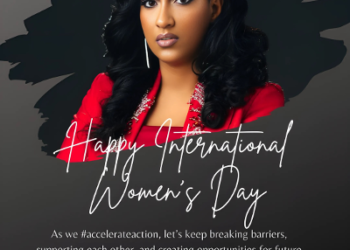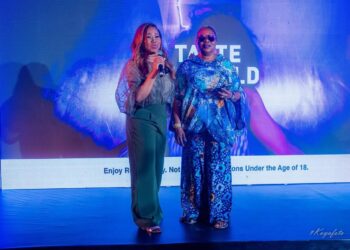Senate President Bukola Saraki said on Saturday that Nigerian senators have expressed strong reservations about President Muhammadu Buhari’s failure to properly communicate his administration’s plan to spend $1 billion on arms procurement.
“Just few days ago, the issue of providing funding for the purchase of security equipment was in the news. In a good environment, such an issue needed to have been discussed with lawmakers,” The Nation quoted Mr Saraki as saying at a retreat for lawmakers in Jos Saturday. “Already, some senators are angry.”
Mr Saraki said some lawmakers have already taken a position out of anger that they were not consulted before the $1 billion expenditure was made public. Two senators told PREMIUM TIMES in separate interviews Sunday that they queue behind the senate president.

Defence Minister Mansur Ali disclosed last week that Mr Buhari had approved new expenditure for arms and other equipment for the country’s security agencies to the tune of $1 billion.
The announcement elicited mixed reactions from administration’s supporters and critics.
Supporters hailed the president for taking the measure to stymie alarming level of insecurity in the country. But critics, especially opposition voice like Ayo Fayose, dismissed the announcement as a political gimmick the president hatched to amass campaign war chest in 2019.
The president has not said whether he will seek reelection, but his moves over the past few months have continued to point towards that direction.
When members of the National Executive Council initially announced the plan to spend $1 billion on arms procurement in December, they said the money would be drawn from excess crude account and would be targeted at neutralising Boko Haram.
But critics questioned the motive, and Mr Fayose, Ekiti State Governor, said the plan was lopsided and warned that there would be a serious backlash should any money be drawn from excess crude accounts without the approval of all states.
““Every state has its own peculiarities in terms of security. Ekiti has hunger haram where hunger is catching people everywhere. A lot of people are being kidnapped daily,” Mr Fayose said in December. “They either vote money for me from the $1 billion or we share the money for everyone to go and solve their problem. I have challenges and I have to be left to handle my challenges. They should give me Ekiti money.”
But Zamafara State Governor, Abdulaziz Yari, fired back at the time, saying Mr Fayose could no longer stop the process because a decision had already been taken.
“The number present was 32, so if someone who was not in attendance said he has his own way of where he wants things to go. We have the majority and there is no minority opinion. We look at our country, Nigeria first before any politics,” Mr Yari said.
The account is operated by all the three tiers of government, and the consent of each tier is required to draw deplete it. The fund is shared according to the Nigerian revenue sharing formula of 52.68 per cent to federal government; 26.72 per cent to states; and 20.60 per cent to local government areas.
When Mr Ali announced the planned withdrawal at the end of the Federal Executive Council meeting last Wednesday, he didn’t clarify whether the money would be drawn from excess crude account or other revenue streams.
Garba Shehu, a spokesperson for the president, said earlier this week that the government planned to write to lawmakers for approval.
But Mr Saraki decried the government’s action, saying the National Assembly should have been consulted before the announcement was made.
“They said they were not consulted by the executive before such a decision was taken,” Mr Saraki said according to The Nation. “Some people have already taken position because they were not consulted. That is why I stressed the issue of collaboration between the two arms. The issue of engagement is important.”
Neither Mr Shehu nor his colleague in the State House media office, Femi Adesina, responded to PREMIUM TIMES’ requests for comments about Mr Saraki’s complaints.
Odilim Enwagba, an economic analyst, said lawmakers have a right to complain because they have a role to play.
“Even if the money is to be taken from the excess crude accounts, the National Assembly will still need to appropriate the federal government’s share of the $1 billion before it could be spent,” Mr Enwagbara said. “That should be somewhere around 52 per cent according to revenue sharing principles.”
Mr Enwagbara recalled that when former President Goodluck Jonathan wanted to upgrade security equipment in 2014, he wrote to the National Assembly, even though the loan would be in form of equipment supplies and not in cash.
Mr Jonathan got the Senate approval in September 2014, despite strong opposition from the All Progressives Congress which said approving such loans for “an incompetent and massively corrupt administration can only encourage more incompetence and corruption.”
Lawmakers were divided when the matter came up for debate at the House of Representatives in February.
While members from the South-south argued that the 13 percent derivation component of the $1 billion must be set aside before the rest could be spent on security; others from the north argued that the issue of Boko Haram is a national malaise that should be confronted in unison.








